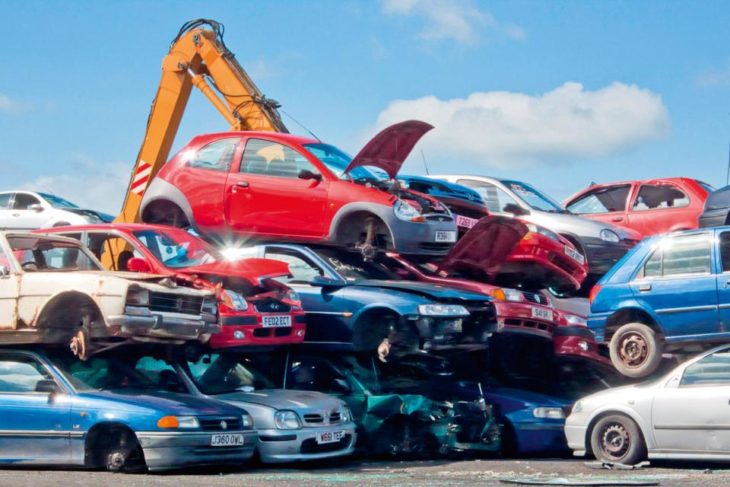Have you got an old or accident damaged car that you’d like to scrap?
If the answer’s yes, then it can be difficult to know exactly where to start – especially since the price you’ll be offered for the scrap metal can vary enormously; as can the work that’ll be involved on your behalf.
Here, we’ll explain exactly what you need to do if you’d like to make sure you get an excellent deal when like Scrap my van – including one or two pitfalls you should do your best to avoid…
Do you have a personalised number plate?
Although this won’t apply to everyone, you should take particular notice of this first point if you’ve got a personalised number plate on your car.
In terms of your registration, scrapping a car is similar to selling it – so, if you leave your private plate on the car, it can be tricky (or sometimes impossible) to get it back. Fortunately, it’s quick and easy to remove it from your vehicle. To do so, you should visit the DVLA’s dedicated number plate removal webpage. It’s possible to take the number plate off your car through the post – but it will take a while longer.
How much is your car worth?
Scrap car values can be significantly different from model to model – so, it’s worth calling around to get some quotes. Don’t be surprised if some scrap dealers start low – and be ready to ask for a little more if you feel the price isn’t good enough.
If you’re the kind of person that prefers not to haggle, there are plenty of car scrapping services that will do it for you. For instance, if you use Car.co.uk’s instant quote system, you’ll be offered the maximum price that they’ve found in your area for your exact make and model – saving you a lot of time and effort.
Moving the car
The majority of cars that are heading for a scrap yard have either failed an MOT or have been damaged in an accident – and, this virtually always makes scrap cars illegal to drive.
There are no exemptions to the normal rules of the road for cars that are going to a scrap yard – so, you’ll almost always need to have your car collected by a dismantler with a suitable recovery vehicle. To avoid any additional cost, it’s worth making sure your quote includes this collection.
Handling your paperwork
Even though your car is being dismantled and recycled, as the current registered keeper, you still have an obligation to let the DVLA know that the ownership is changing.
The easiest way to do this is with section 9 of the V5C form – the yellow slip from the log book document. On here, you’ll need to complete the name and address of the scrap dealer buying your car – as well as the date of the transfer. When this is signed by you and the scrap yard handling your car, you should send it back to the DVLA address on the rear.
The dismantler will take the rest of the log book with the car – and, when the yellow slip is received by the DVLA, your responsibility for the vehicle officially ends.
Don’t worry if you’ve lost or don’t have the V5C form; it’s possible to scrap a car without this document. To do so, you’ll simply need to send a letter to the DVLA, stating the date of the transfer – and the name and address of the dealer you have sold the vehicle to. Again, have this signed by you and the person collecting your car – and your responsibility is covered.
Things to watch out for
Most scrap dealers run excellent businesses – but, like in any industry, there are one or two that don’t play by the rules.
Scrap yards who have proved they abide by the law surrounding scrap metal purchasing and handling are awarded ‘Authorised Treatment Facility’ (ATF) accreditation. For your safety, it’s important to deal with an ATF – as they will follow DVLA procedures; creating the paperwork needed to prove the car is no longer yours.
Be wary of dealers who say they’ll purchase your vehicle for cash. The Scrap Metal Act (2013) makes buying scrap metal for cash illegal – so anyone offering cash will not be an ATF.
Don’t be fooled into taking a reduced price for your car if you don’t have the V5C document. Providing one for the scrap yard purchasing your car isn’t a legal requirement – so don’t let them knock the £25 replacement fee off your price!









